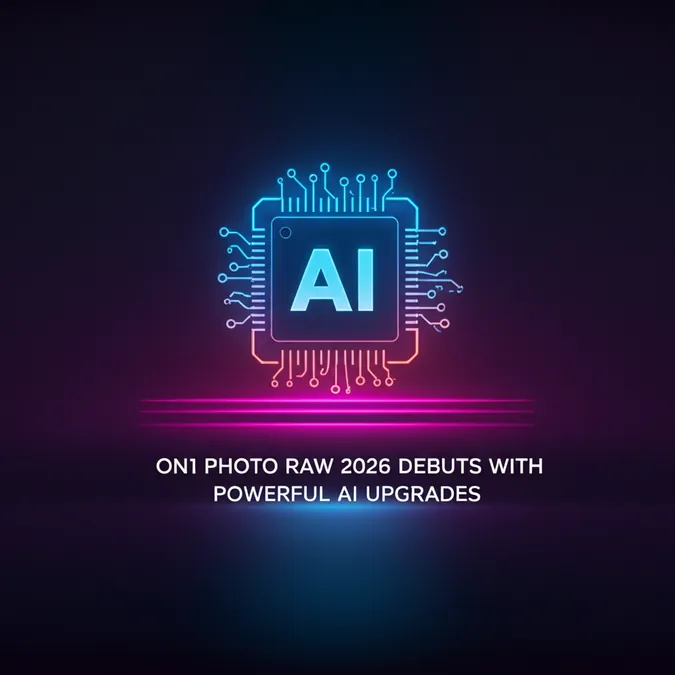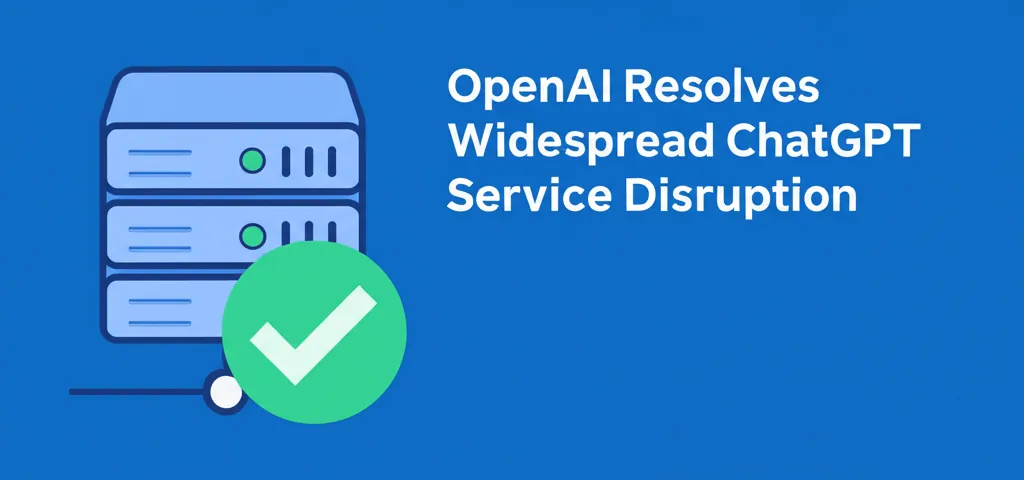Developer Offer
Try ImaginePro API with 50 Free Credits
Build and ship AI-powered visuals with Midjourney, Flux, and more — free credits refresh every month.
Your Next Cashier Could Be ChatGPT
The Evolution from Chatbot to Checkout Companion
For years, we've known ChatGPT as a powerful tool for generating text, writing code, and answering complex questions. However, OpenAI is signaling a major strategic shift, moving its flagship AI from a versatile information processor to an active participant in the world of commerce. The latest development plans indicate a clear ambition: to embed ChatGPT directly into the checkout process, transforming it from a simple transaction into an intelligent, conversational experience. This move could redefine customer interactions at the most critical point of the sales journey, blurring the lines between customer service, personal shopping, and the final payment.
How a ChatGPT Powered Checkout Would Work
Imagine an online shopping cart where instead of clicking through multiple fields, you simply interact with an AI assistant. A customer might type or say, 'ChatGPT, buy the items in my cart, apply my rewards points, add the 20% discount code I received via email, and ship it to my office address.' The AI would instantly parse these commands, retrieve the necessary data, apply discounts, confirm the final amount, and process the payment seamlessly.
This extends beyond simple command execution. The AI could act as a smart upsell engine, suggesting relevant accessories ('I see you're buying a camera, would you like to add a compatible memory card for 15% off?') or handling complex queries about shipping, returns, or product warranties directly within the payment interface. This vision aims to eliminate friction and make the final step of a purchase as simple as having a conversation.
The Potential Benefits for Retailers and Consumers
For retailers, the advantages are significant. A conversational checkout process could dramatically reduce cart abandonment rates by resolving last-minute questions and hesitations on the spot. The potential for personalized, intelligent upselling and cross-selling is immense, potentially boosting the average order value. Furthermore, it could automate many aspects of customer service that typically occur around the transaction phase, freeing up human agents for more complex issues.
Consumers, in turn, stand to gain a faster, more intuitive, and personalized shopping experience. The ability to use natural language to manage complex orders, apply various discounts, and confirm details without navigating confusing menus would be a major leap in user-friendliness. This new paradigm promises a checkout process that understands and adapts to the user, not the other way around.
Navigating the Challenges Ahead
Despite the exciting possibilities, the road to an AI-powered checkout is paved with challenges. The primary concern is security and compliance. Handling sensitive payment card information requires strict adherence to standards like PCI DSS. OpenAI and its partners will need to build incredibly robust and secure systems to manage payment data and protect against fraud.
Data privacy is another major hurdle. How will user transaction data be stored and used? Shoppers will need clear assurances that their personal and financial information is being handled responsibly. Finally, the reliability and accuracy of the AI are paramount. A mistake in calculating a discount or processing a payment could erode customer trust instantly. For more details on OpenAI's approach to new features, you can often check OpenAI's official blog.
What This Means for the Future of Payments
The integration of advanced AI like ChatGPT into the checkout process represents a potential watershed moment for the fintech and ecommerce industries. It signals a move away from static forms and buttons towards dynamic, interactive, and intelligent payment experiences. While the initial implementations may be in large ecommerce platforms, the technology could eventually find its way into physical retail through smart POS systems and voice-activated kiosks. This development is not just about adding a chatbot to a payment page; it's about fundamentally rethinking the nature of a transaction in the age of artificial intelligence.
Compare Plans & Pricing
Find the plan that matches your workload and unlock full access to ImaginePro.
| Plan | Price | Highlights |
|---|---|---|
| Standard | $8 / month |
|
| Premium | $20 / month |
|
Need custom terms? Talk to us to tailor credits, rate limits, or deployment options.
View All Pricing Details

